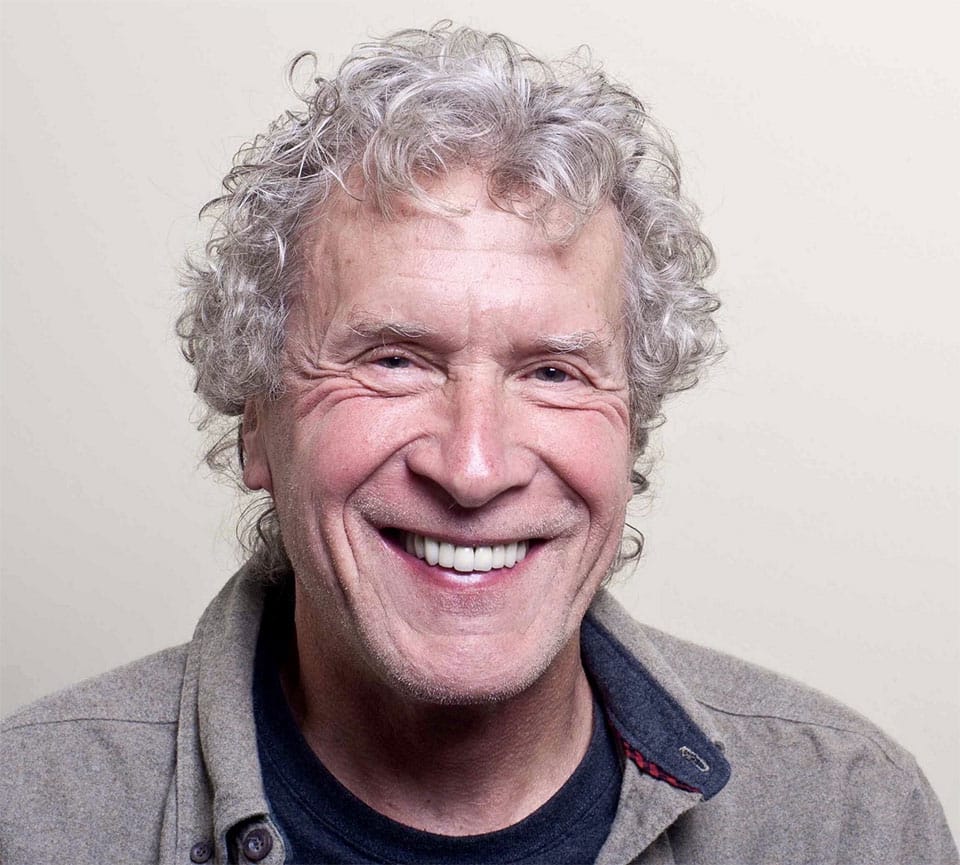CEOs Have the Power to Change the World

We live in a time when corporate CEOs have as much power as the presidents of most countries. We also find ourselves living in a degenerative economic system that’s consuming and polluting itself into extinction. This Death Economy is depleting the very resources it needs for its long-term survival. It’s up to CEOs to turn it around.
As chief economist at a major US consulting firm beginning in the 1970s, I traveled the world promoting the Death Economy. Looking back, I should have known better.
When I was in business school during the late 1960s, we were taught that a good CEO makes a decent rate of return for investors, supports employees (giving them healthcare insurance, decent salaries, and retirement pensions), takes good care of suppliers and clients, and helps the communities where the company does business (contributes to recreational facilities and other local activities). But after I graduated, I bought into the goal that was promoted by Milton Friedman who won the 1976 Nobel Prize in Economics. This goal can be summarized as: “The only responsibility of business is to maximize short-term profits, regardless of the social and environmental costs.”
This goal gave corporate executives the right — even the mandate — to do whatever it took to maximize profits, including buying elected officials through campaign financing, exploiting workers, and destroying environments. However, it’s become apparent to a growing number of CEOs that this goal is driving us to the precipice of self-destruction.
In recent years, I’ve heard from CEOs who are determined to pull us back from the precipice. They want future generations, including their own grandchildren, to inherit a thriving and viable world. They want to change the goal.
This became very clear at the pre-pandemic 2019 Business Roundtable meeting. CEOs from 192 of the world’s largest corporations promised to replace the goal of maximizing short-term profits with that of meeting the needs of customers, employees, suppliers, and local communities, converting a Death Economy to a system that maximizes long-term benefits for people and nature — essentially, a Life Economy.
A Life Economy pays people to mine the plastics in the oceans and clean up other forms of pollution, revitalize coral reefs and regenerate other ravaged environments, recycle, and develop technologies that take renewable energy and sustainable products to new heights. Business leaders across the globe are implementing Life Economy policies that support Conscious Capitalism, Impact Investing, B Corporations, carbon taxes, carbon offsets, wind, solar and other renewables, electric cars and mass transit systems, recycling, and a myriad of other approaches.
Historically, corporations came into existence as a means of limiting investors’ liabilities so that innovative people could experiment with new business ideas (like opening foreign trade routes and manufacturing light bulbs). For nearly a century after the American Revolution, a business in the US could only be certified as a corporation if it could prove that it would serve a public interest. Corporate innovations can take credit for advances in transportation, medicine, science, technology, architecture, the arts, and many of the other “miracles” of modern life. Unfortunately, a shadowy specter also developed: the mandate of maximizing short-term profits, regardless of the social and environmental costs. This specter has pushed us precariously close to the precipice of destroying our planet.
We tend to focus on political leaders, blaming them for our communal failures and lauding them for the successes. But climate change, environmental devastation, income inequality, and many other crises are driven by the Death Economy, and it’s driven by corporations that are managed by CEOs. Our future heroes will be CEOs who honor the original intent of corporations and experiment with new business ideas that lead us away from the precipice and along a path to the Life Economy — in other words, that serve a public interest. Businesses that pay returns to investors who invest in a system that is itself a renewable resource will be the success stories.
CEOs who promote a Life Economy:
- Value life-enhancing activities above those based solely on materialism and extraction;
- Focus on beneficially productive activities, such as recycling, education, health care, and the arts, rather than nonproductive activities, such as stock manipulation, financialization, and “gambling” with mergers and acquisitions;
- Clean up pollution, recycle, and adhere to zero-waste policies and/or ones that regenerate devastated environments;
- Include the costs of environmental depletion, social disruptions, and other “externalities” in their financial and economic metrics;
- Seek individual and institutional investors who are committed to Life Economy goals;
- Explore other innovative approaches with the understanding that humans are in a symbiotic relationship with our planet, and that we must respect, honor, and protect the natural world.
Written by John Perkins.
Bring the best of the CEOWORLD magazine's global journalism to audiences in the United States and around the world. - Add CEOWORLD magazine to your Google News feed.
Follow CEOWORLD magazine headlines on: Google News, LinkedIn, Twitter, and Facebook.
Copyright 2025 The CEOWORLD magazine. All rights reserved. This material (and any extract from it) must not be copied, redistributed or placed on any website, without CEOWORLD magazine' prior written consent. For media queries, please contact: info@ceoworld.biz








